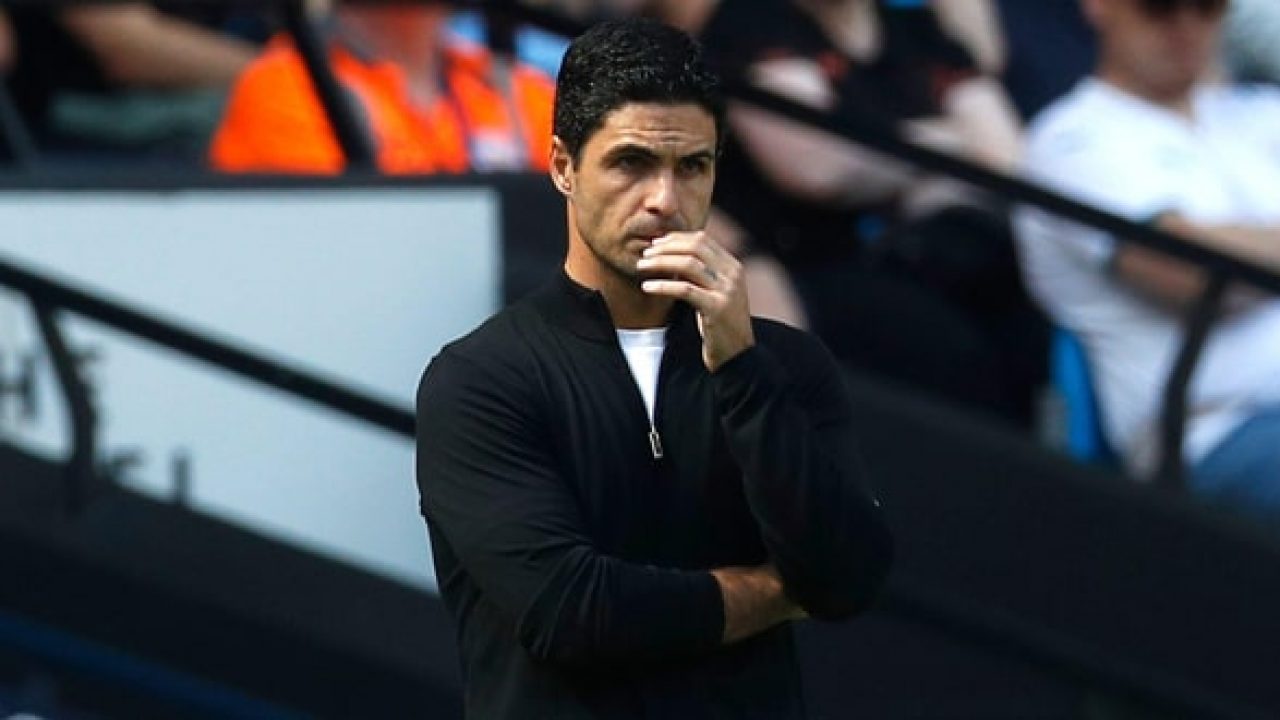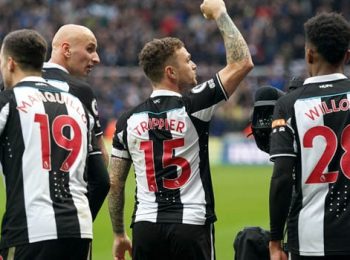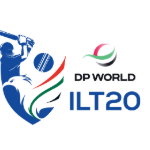Critique has emerged from an unexpected quarter as Peter Schmeichel, renowned for his time with Manchester United and five Premier League titles, has voiced his concerns over Mikel Arteta’s move to acquire Brentford goalkeeper David Raya for Arsenal.
The transfer saga surrounding Raya has taken center stage, with the player poised to undergo a medical following Arsenal’s £30 million deal with Brentford earlier this week. Raya’s imminent arrival will see him join on an initial loan deal valued at £3 million, while Arsenal retains the option to exercise a permanent transfer next summer for £27 million.
With the signing comes a new layer of competition for the goalkeeping slot, as Raya prepares to challenge Aaron Ramsdale for the role of Arsenal’s first-choice goalkeeper this season. Arteta’s objective of fostering competition across all areas of his squad is evident, though Schmeichel raises a red flag over the potential repercussions of such a move.
Expressing his bewilderment, Schmeichel delves into the intricacies of the goalkeeping role, asserting, “I struggle to fathom a manager’s rationale behind deeming competition for the number one goalkeeper spot advantageous.” He elaborates, “A goalkeeper’s role is profoundly reactive, reliant on external actions. One cannot fabricate opportunities, but instead must await unfolding scenarios.”
Schmeichel’s qualms center on the demands this competitive scenario places on goalkeepers, who, he argues, should primarily be a steadying presence on the pitch. “Now, this scenario prompts the goalkeeper to not only perform for the team but also to prove superiority over their counterpart,” he explains, adding, “This introduction of active competition potentially disrupts the stability one seeks in a goalkeeper.”
Delving deeper, Schmeichel stresses the psychological impact of such a dynamic. “The twin challenges of maintaining the number one position and the personal contest for supremacy compound the pressure,” he notes. Moreover, the Danish icon highlights the potential reverberations within the dressing room, invoking the specter of strained relations and eroded camaraderie.
Schmeichel’s counsel pivots towards the importance of fostering confidence in the goalkeeper’s role. “When missteps occur, as they inevitably do, the goalkeeper requires assurance that they remain the manager’s preferred choice,” he contends, emphasizing the need for unwavering support. “Without this bedrock of confidence, a goalkeeper cannot channel their full commitment for the team’s benefit.”
As Arteta’s vision for Arsenal’s squad crystallizes with strategic signings, the scrutiny surrounding the goalkeeper situation now extends beyond the tactical implications, delving into the nuances of morale and collective harmony. The verdict on whether this competition-driven approach proves successful or presents unforeseen challenges remains to be seen.

























